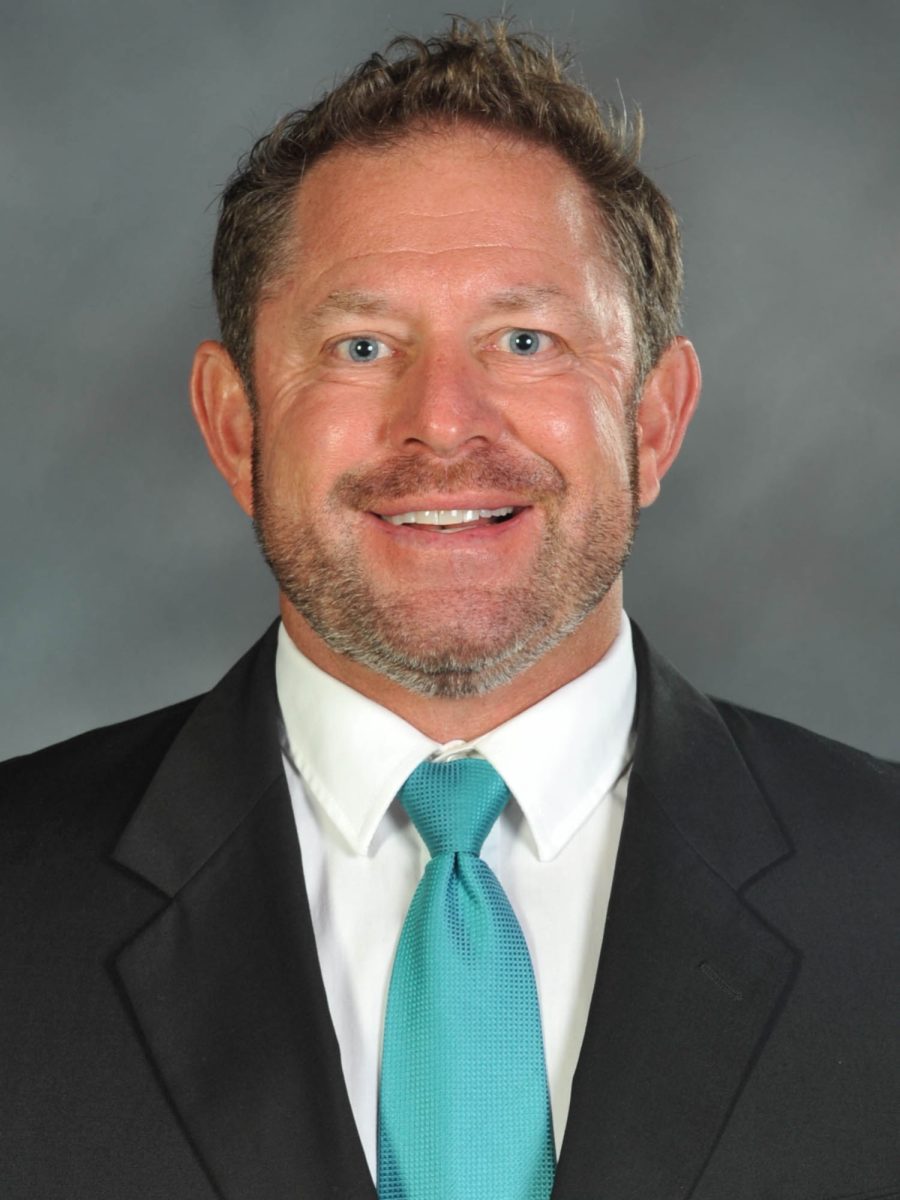Coastal stays safe while STD rates in Myrtle Beach rise
Myrtle Beach ranks among the top 100 U.S. cities with high rates of sexually transmitted disease (STD) according to health researchers.
CEO and co-founder of Innerbody Research Eric Rodriguez said the areas with the highest STD rates are typically areas with a younger population the most common being universities and military bases. Chlamydia, Gonorrhea, and Syphilis are the most commonly reported STDs.
Every year, the Center for Disease Control (CDC) tracks the rate of STDs, which are also known as Sexually Transmitted Infections (STI). Rodriguez’s company uses the CDC data to identify cities with the highest STD rates.
“I don’t think it’s the universities, but I do think it is a lot of young people mingling and maybe not being as safe as they could be,” Rodriguez said. “Correlation does not cause causation, but it seems to correlate with universities and military bases.”
While the numbers are high in Myrtle Beach and across the South, Coastal’s campus reported relatively low STD rates Coastal’s Infection Containment and Quality Control Coordinator Mike Cruise said the survey may not be totally accurate due to varying factors on campus.
“Even if we look at Coastal’s population, roughly half of our student population comes from out of state. They may not include our out of state population in those statistics, it may just be more of the local area and be completely separate from the CCU community,” Cruise said.
According to Cruise, from Aug. 1, 2021 up to this April 1 there were roughly 4,800 visits to the health center and of that number only 7% of those appointments (about 330 people) were for STI-related appointment. He said this doesn’t necessarily mean the individual had an STI, but that they could be getting tested, have been exposed, or seeking treatment.
Cruise said out of that 7%, the majority of students tested negative. While this number is low, it could be from a couple different factors.
“Another thing to keep in mind is, there are stigmas around STIs, someone who gets it may not be so willing to go to a health center where they could see classmates or friends, so that plays a role as well,” Cruise said. “If they go to a local health clinic or their local physicians office, we can’t capture that data, but we know from what we see in the health center it’s not a big portion of our business.”
Although STDs are not a huge issue on Coastal’s campus, the experts said it is always important students stay informed on how to stay safe and where to find treatment.
Rodriguez said the biggest misconception about STDs that he has found is that people in monogamous relationships think they don’t need to get tested.
“That is a big misconception that if you didn’t get tested before you’re not sure what you’re bringing into the relationship. Don’t take people’s word for it because not only do people lie, but they might just not know,” Rodriguez said.















